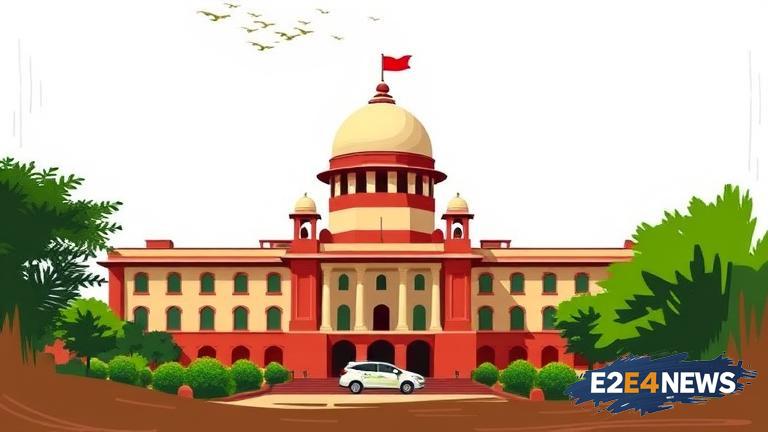The Punjab and Haryana High Court has taken a significant step towards ensuring the speedy disposal of pending cases against Members of Parliament (MPs) and Members of the Legislative Assembly (MLAs). In a recent order, the High Court has directed all district judges in the states of Punjab and Haryana to submit a status report on the pending cases against MPs and MLAs. This move is expected to bring transparency and accountability in the judicial process. The court’s directive is a response to the growing concern over the delay in disposing of cases against elected representatives. The order applies to all cases, including criminal and civil matters, pending against MPs and MLAs in the subordinate courts. The district judges have been asked to provide detailed information about the pending cases, including the nature of the offense, the current status of the case, and the reasons for the delay. The High Court has also directed the district judges to identify the cases that are ready for trial and ensure that they are disposed of on a priority basis. The court’s initiative is seen as a step towards upholding the rule of law and ensuring that no one is above the law. The order is also expected to send a strong message to the elected representatives that they will be held accountable for their actions. The Punjab and Haryana High Court has been at the forefront of judicial reforms, and this order is another example of its commitment to ensuring justice is delivered swiftly and fairly. The court’s directive has been welcomed by legal experts and civil society organizations, who see it as a positive step towards strengthening the judicial system. The order is also expected to have a deterrent effect on MPs and MLAs, who may think twice before engaging in unlawful activities. The High Court’s initiative is part of a larger effort to reform the judicial system and make it more efficient and effective. The court has been working to reduce the pendency of cases and ensure that justice is delivered in a timely manner. The order is a significant development in the context of the ongoing debate over the need for judicial reforms in India. The Punjab and Haryana High Court’s directive is a testament to the independence and autonomy of the judiciary, which is essential for upholding the rule of law and ensuring that the rights of citizens are protected. The order is also expected to have implications for the upcoming elections, as voters will be able to make informed decisions about the candidates they choose to elect. The High Court’s initiative is a reminder that the judiciary is committed to ensuring that the law is applied equally to all, regardless of their position or status. The order is a significant step towards promoting transparency and accountability in the judicial process, and it is expected to have a positive impact on the overall functioning of the system. The Punjab and Haryana High Court’s directive is a welcome move, and it is expected to be followed by other high courts in the country. The order is a testament to the power of the judiciary to bring about positive change and ensure that justice is delivered swiftly and fairly. The High Court’s initiative is a significant development in the context of the ongoing efforts to reform the judicial system and make it more efficient and effective. The order is expected to have far-reaching implications for the judicial system and the country as a whole.
